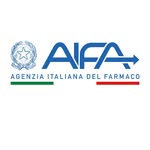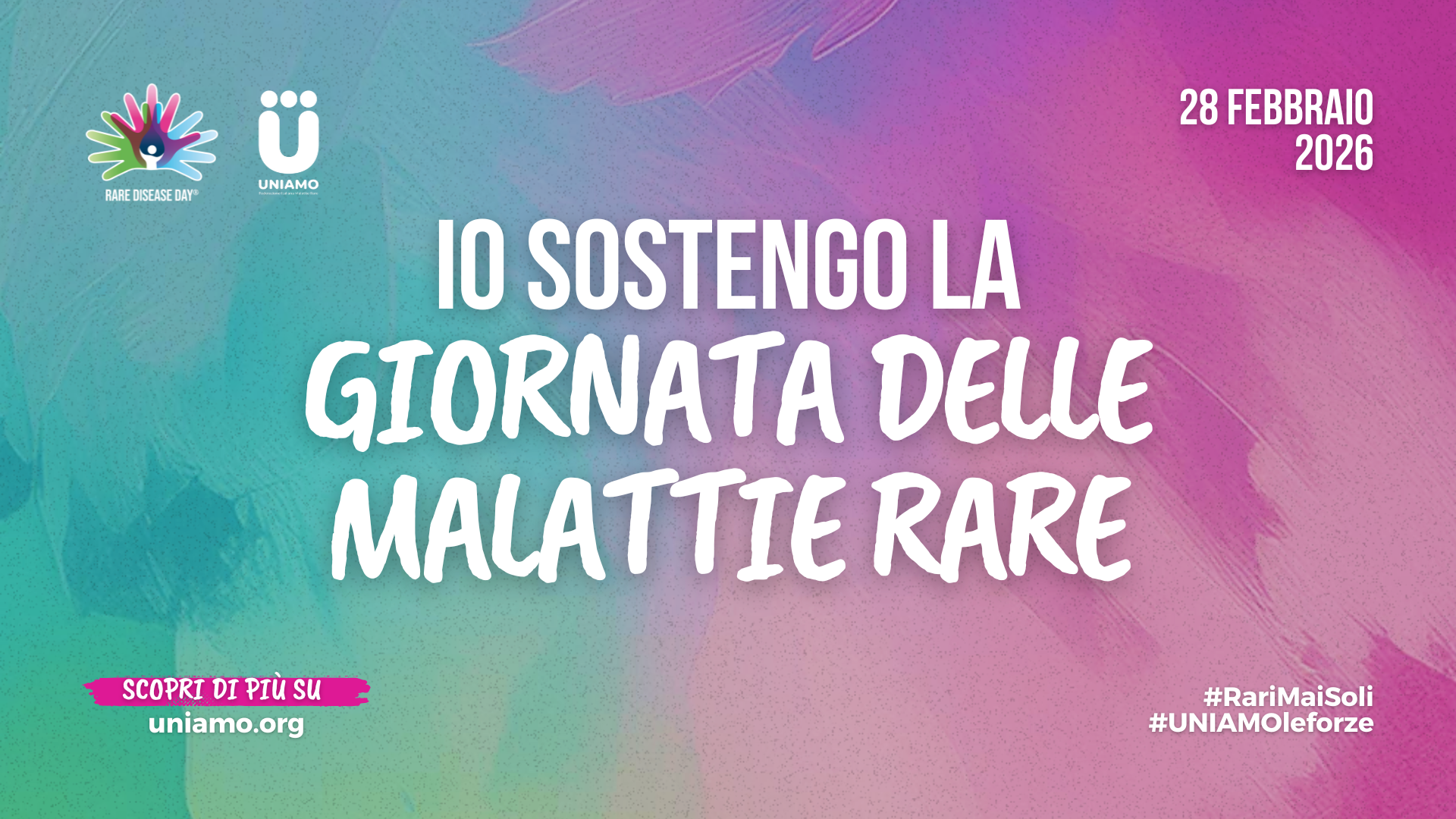.png) Agenzia Italiana del Farmaco
Agenzia Italiana del Farmaco
Carenze e indisponibilità
AIFA constantly monitors, through specific procedures, the temporary unavailability of medicines on the national market, especially those essential for the treatment of certain pathologies.
Shortages and unavailability
The “shortage” of a medicine, defined as a difficulty or impossibility for the patient in his finding, is a phenomenon that can be temporary or permanent and may be caused by a variety of issues, all of which are attributable to the MA (marketing authorization) holder, such as the unavailability of the active substance, problems related to production, regulatory measures, an unexpected increase in requests for a particular medicinal product, or health emergencies.
The shortage of a medicine can significantly affect patients as it may result in the total or partial interruption of therapeutic treatment or the need to switch to a therapeutic alternative which may be less effective or, in any event, require an adjustment phase.
Unavailable means a medicine for which the difficulty of finding is not related to production problems, but to dysfunctions in the distribution chain.
Unavailability, unlike shortages, generally does not manifest itself in a uniform manner on the national territory and is due to market distortions often linked to the dynamics of the distribution circuit.
In these cases, therefore, the medicine, although present in the deposits of the MA holder, is not available in some regional deposits and/or pharmacies.
The phenomenon of shortages and monitoring activities
A medicine’s shortage on the market can be determined by various factors, including, for example, the unavailability of the active substance, problems related to production, regulatory measures, an unexpected increase in requests for a particular medicine, or health emergencies.
European legislation does not contain a harmonized definition of the terms "shortage" and "unavailability" of medicines. The two phenomena differ, in fact, from two situations of nature:
- the shortages linked to business problems are generally due to contingent production difficulties, but they can also be related to the decision to stop the commercialization of “dated” or low-priced products with limited profitability;
- the unavailability generated by market distortions can be traced back to the phenomenon of "parallel trade", which exploits the differences in the price of drugs in various markets.
For reports concerning shortages of medicine transmitted by the MA holders, AIFA:
- ascertains the effectiveness and the entity of the shortage;
- evaluates specific critical issues, verifying:
- the type of shortage (periodic, recurrent, chronic, or newly reported);
- the availability of analogous products on the Italian or foreign market, or if they are "unique" medicines;
- contacts, if necessary, the companies holding MA of the lacking medicine, of the analogues and the other interlocutors involved (producers, intermediaries, distributors, importers, structures and health authorities, etc.).
In light of the evaluations carried out, the AIFA shall take the measures necessary:
- issue of the import authorization to the company that holds the MA of the lacking medicine;
- issue of the import authorization determination for each health facility that requests it;
- other specific measures (e.g., determinations, rationalization of use for certain categories of patients, etc.).
The phenomenon of unavailability
In contrast to “shortages”, the problem of unavailability is generated by market distortions, which are frequently linked to the dynamics of the distribution circuit, such as parallel trade.
The need to intervene in a systematic and incisive way on the numerous reports concerning the unavailability of some medicines in Italy has led, in 2015, to the establishment of a work table, to which they take part, with the support of the Carabinieri NAS command and other public and private institutions/associations, and to the start of a pilot project that would allow the identification of shared methods for the intensification of supervisory activities on the concrete application of the current regulations through a series of controls on the territory.
The first result of the table was the singing, in 2016, of a Shared Text on the Distribution of Medicines, in which were reasserted the fundamental regulatory principles that regulate the drug sector - which must first be considered as a "public service" – with particular regard to the aspects of distribution, both wholesale and retail, which have as their ultimate goal the protection of public health and the individual, ensuring availability and accessibility to the medicine.
The activities and results achieved were also the subject of a scientific publication signed by all the participating acronyms, available on the net and downloadable from the "Related Documents" box on the page dedicated to the Tavolo Tecnico Indisponibilità (TTI).
The phenomenon of lack of hospital supplies
It is increasingly common the cases of drugs whose supplies are not guaranteed in the quantities and times indicated in the supply agreements of healthcare companies or regional purchasing centres.
This situation determines the uncertainty, on the part of the healthcare companies, about the possibility of relying or not on existing agreements, forcing them to activate further contracts (e.g., purchases in damage, for short periods) or a succession of requests for authorization, to make up for non-deliveries.
This case is particularly relevant for those hospital medicines that cannot be substituted.
Then it appears appropriate to provide for a mapping, in the AIFA alert system, of these "shortages" medicines, in a manner to be defined, in agreement with the Regions / Commissioning Centers, in addition to those of the medicines for which the Company has declared that exist production problems / commercial / increased demand.
It is also important to make companies’ accountability mandatory for the disservices generated by lack of supplies. For example, making mandatory, for MA holders, the request for the import of the medicines that are shortage and/or are delivered late and/or in insufficient quantities compared to the orders placed, also ensuring the necessary checks on the documentation produced by the importers to guarantee the quality of the imported products.
Given the private and local basis that would make direct central intervention difficult, the discussion started within the "Tavolo Tecnico Indisponibilità" first led to the intervention - through MA holders’ associations - on companies that used to report cases, and then the start of a SIFO-AIFA project, DruGhost (access from related links), consisting of a web-based platform for the systematic sharing of reports of " unavailability of hospital supply", whose data will be used to create "profiles” of companies, for the benefit of the regions, which will then be able to provide for any stricter safeguard clauses for those companies that are less reliable from the DruGhost data. The DruGhost project began as a pilot in the Puglia Region in 2019, with the goal of expanding to other regions.
An operational proposal on the subject was discussed as part of the activities of the AIFA Board of Directors in 2020, and AIFA will support its implementation in collaboration with the regions and autonomous provinces concerned: the document that illustrates it, developed by the offices in collaboration with Dr. Giovanna Scroccaro (President of the AIFA Prices and Reimbursement Committee), is available in the related documents box.







